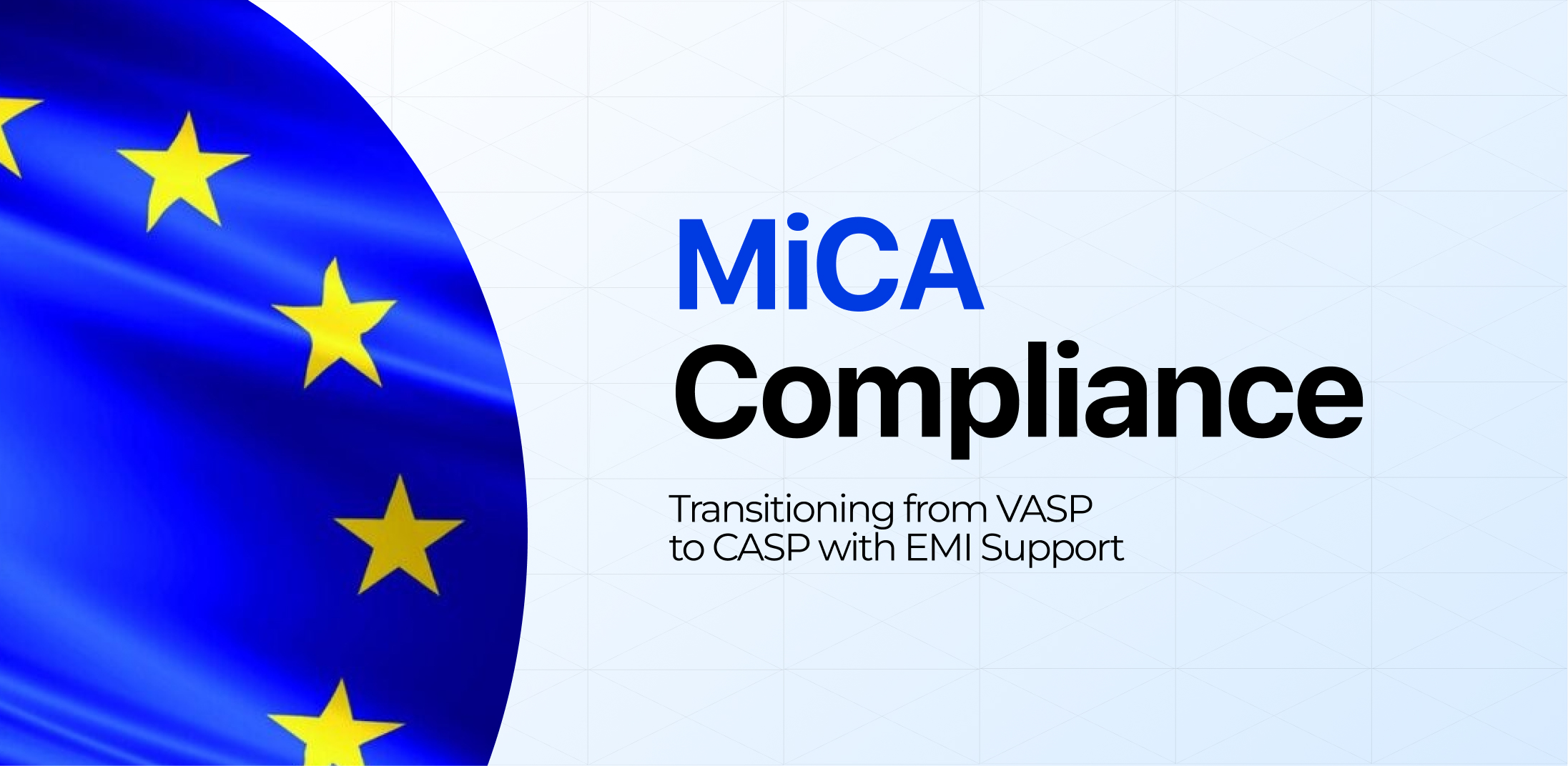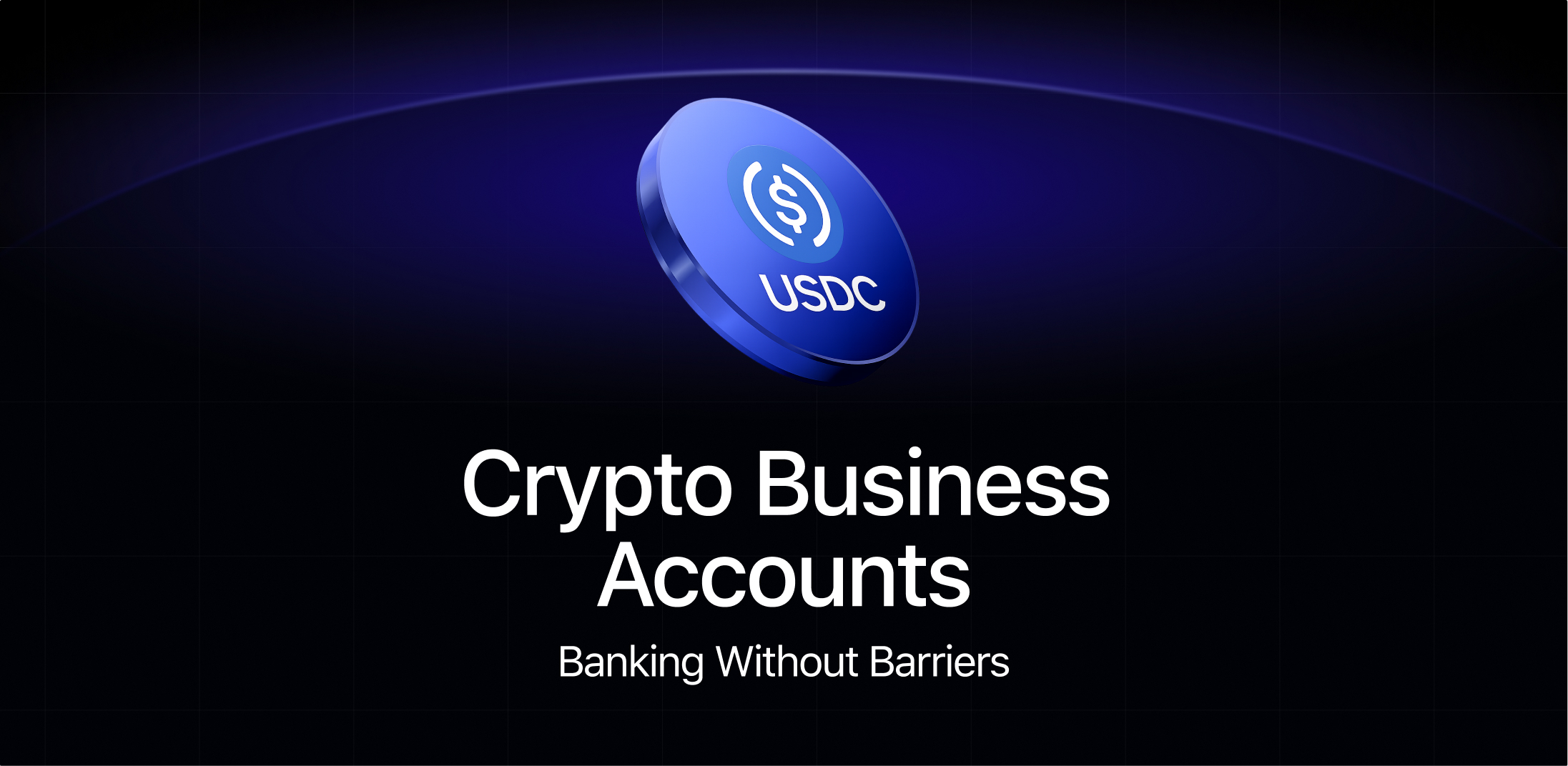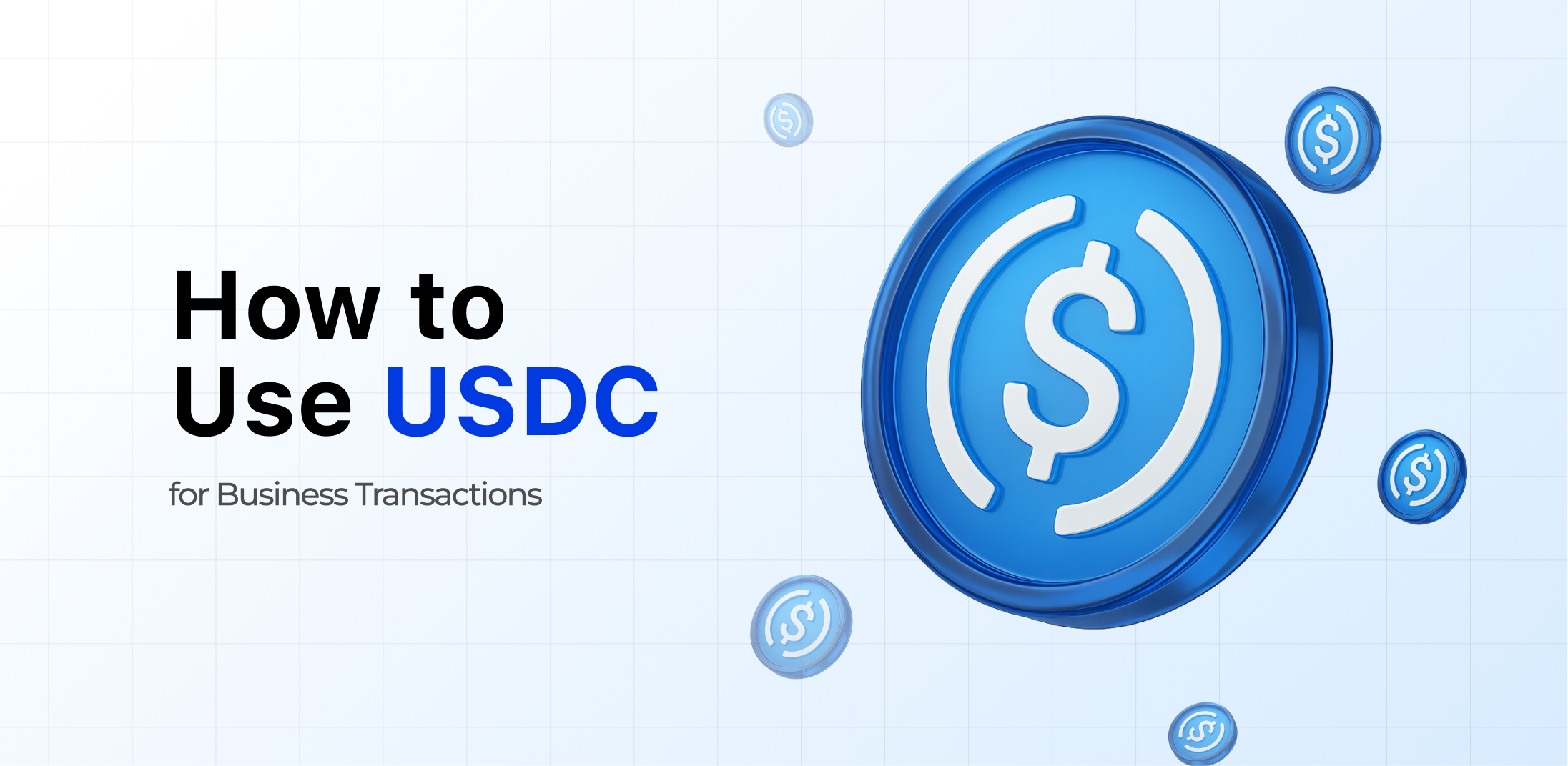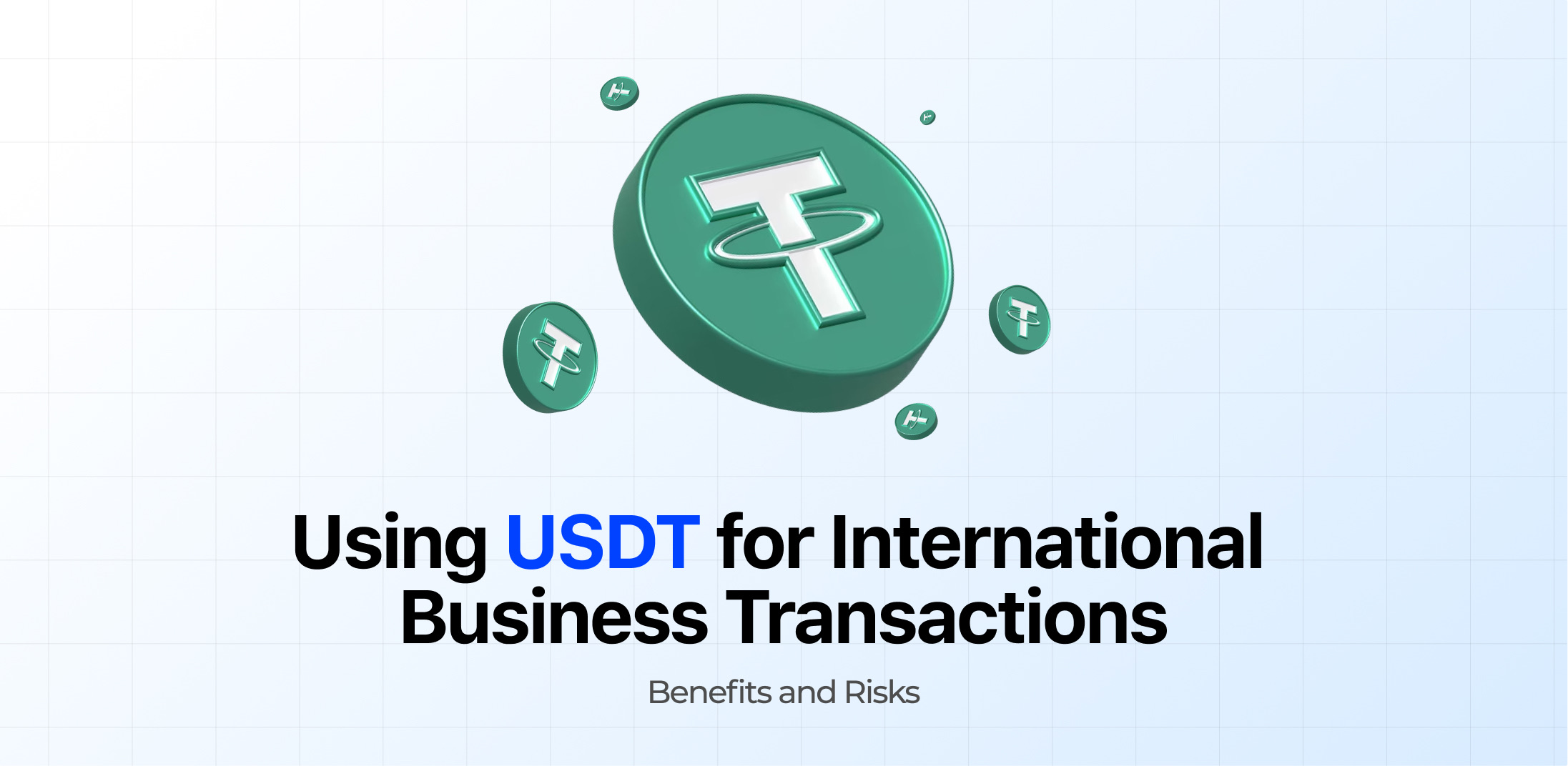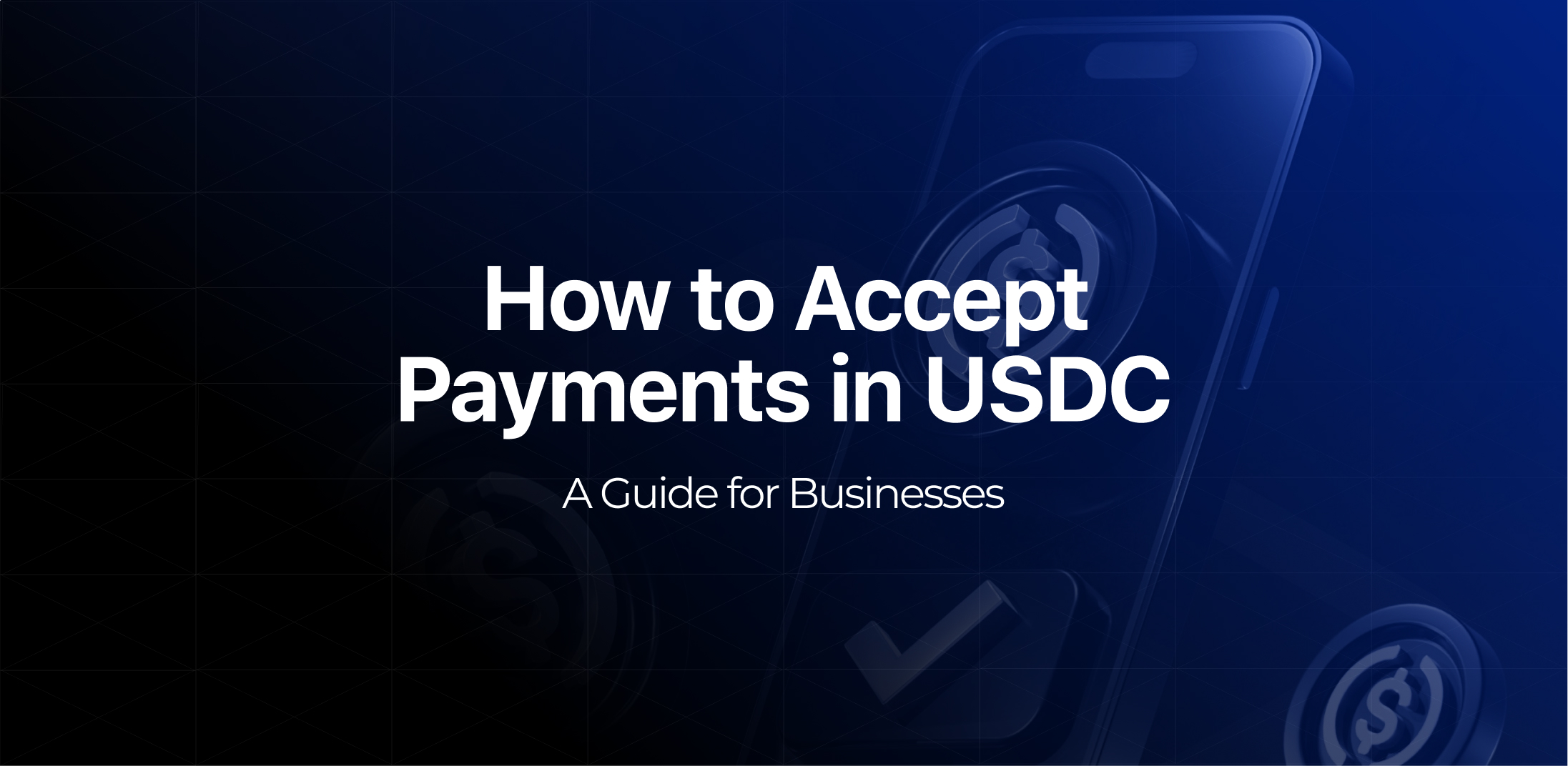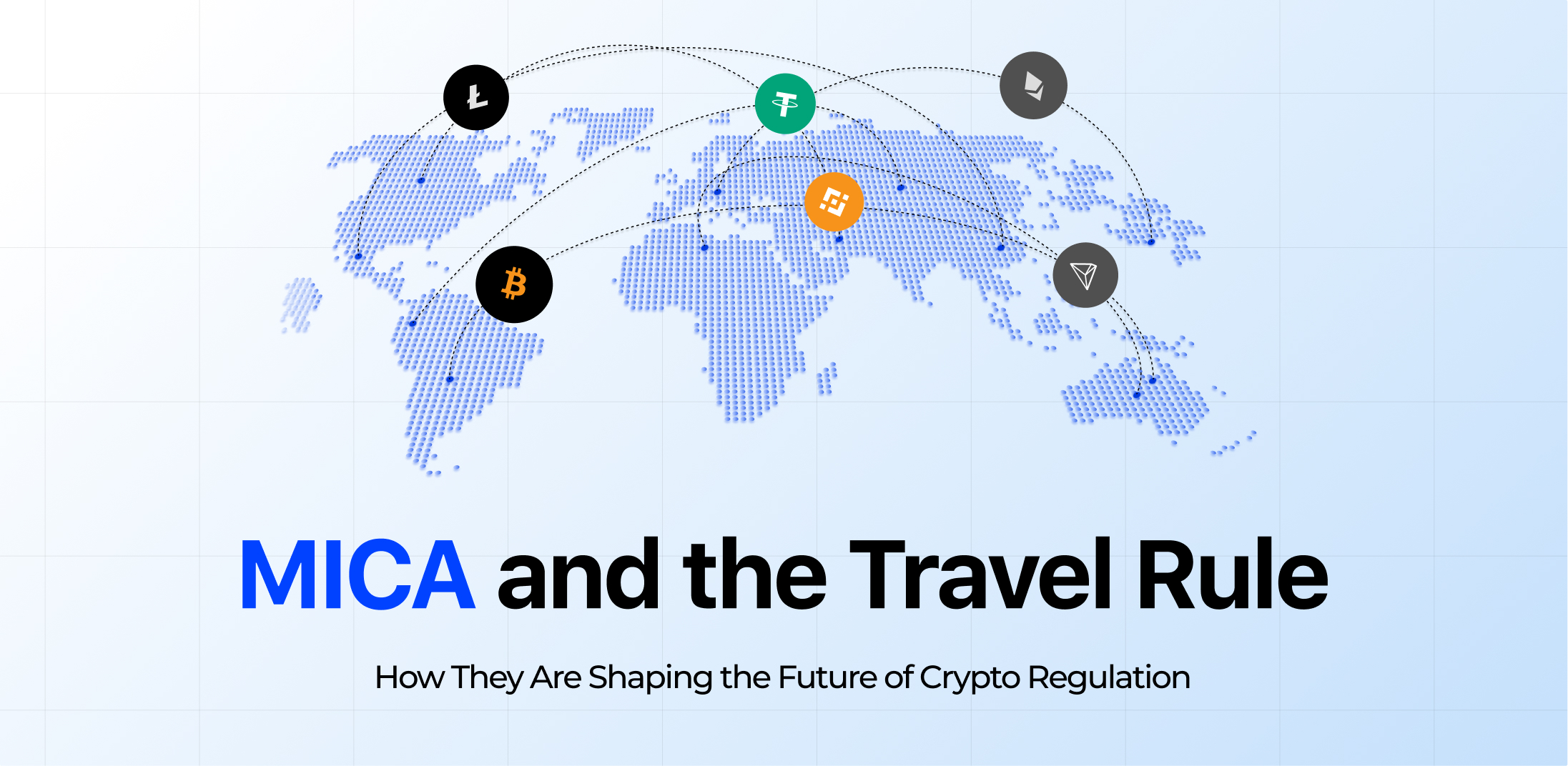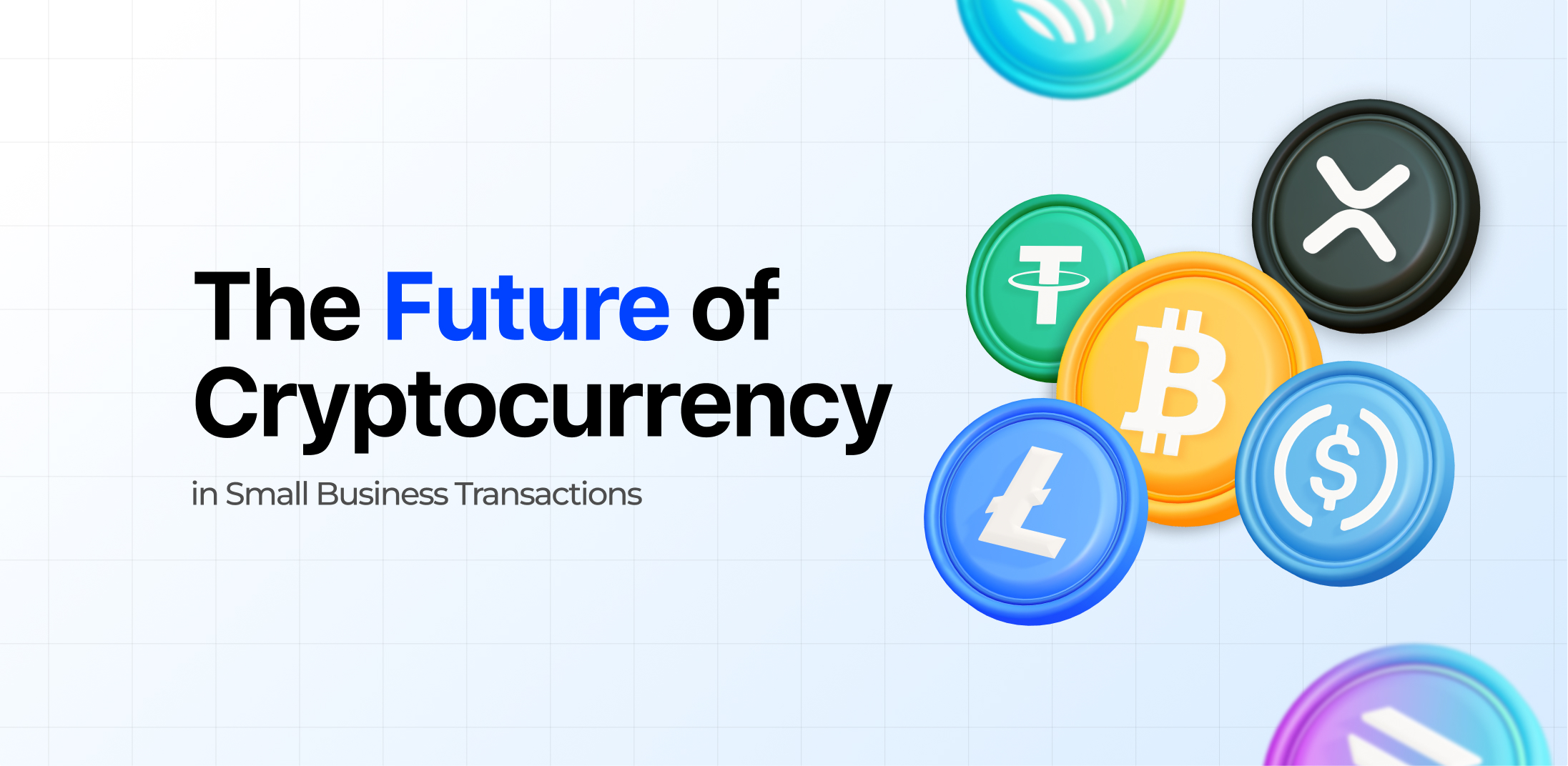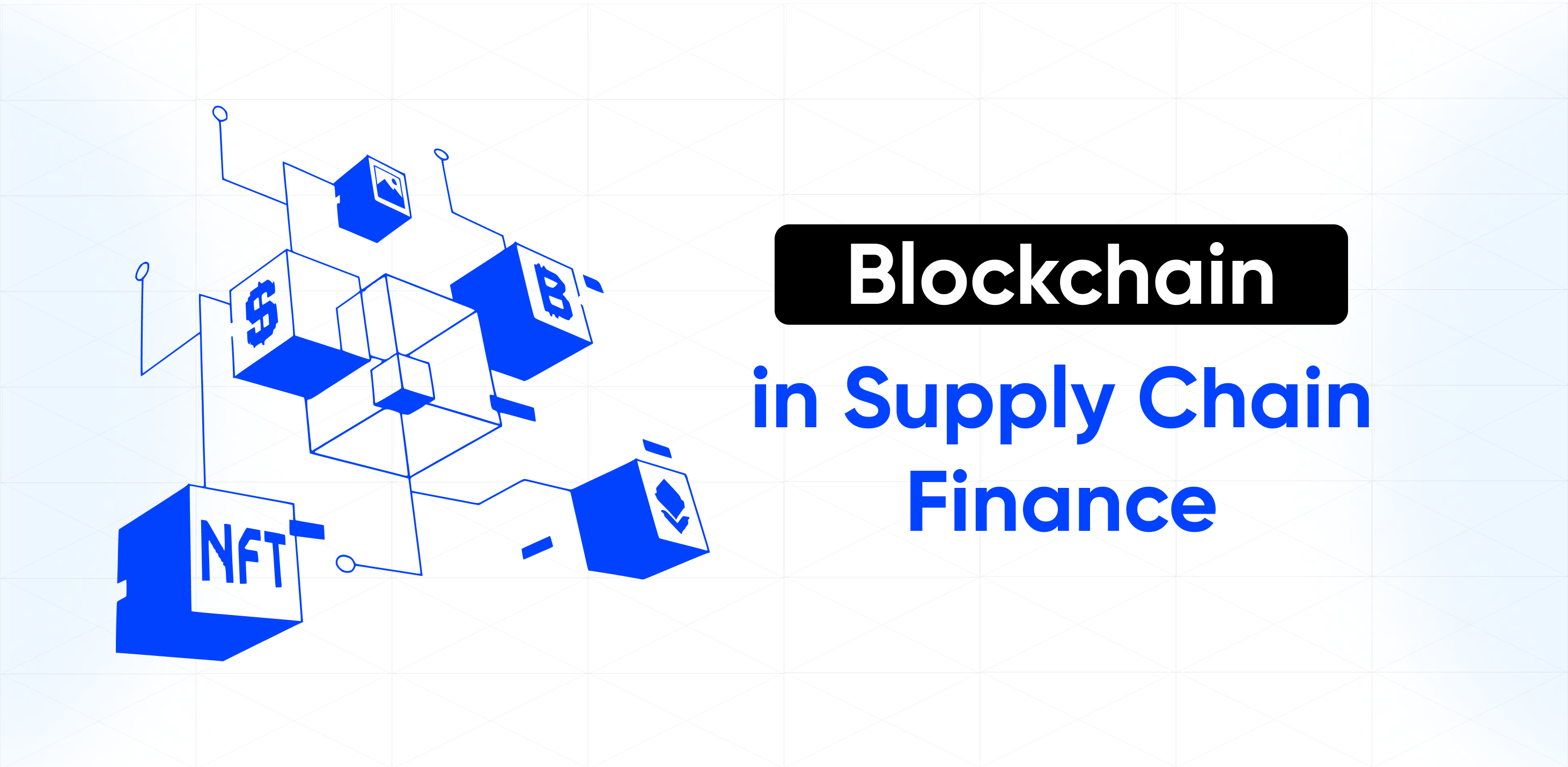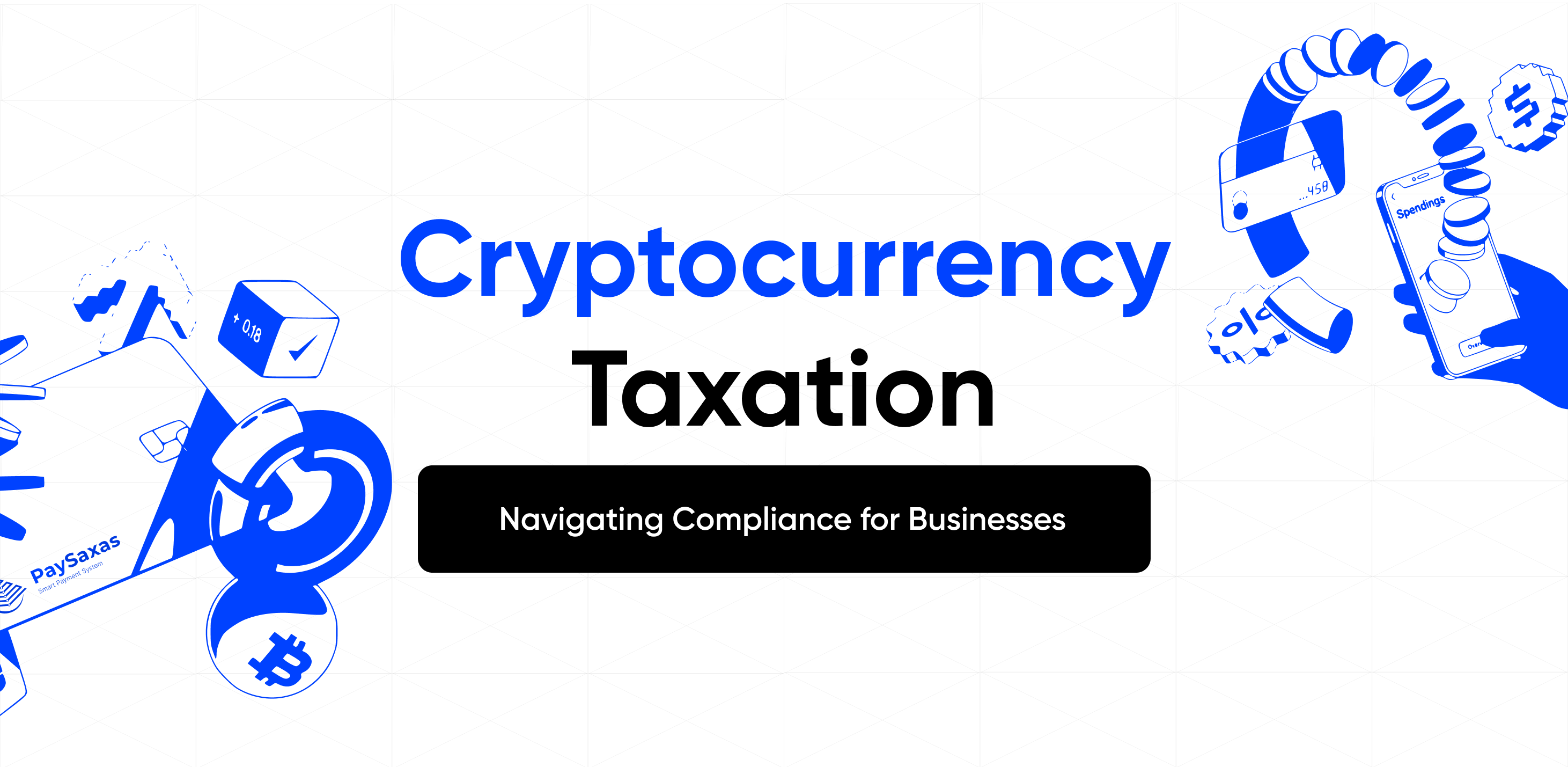The European Union is ushering in a transformative phase for the digital asset sector with the rollout of the Markets in Crypto-Assets (MiCA) regulation. Aimed at establishing a cohesive legal framework for crypto-assets across all member states, MiCA marks the EU’s first attempt at comprehensive oversight of crypto-assets, stablecoins, and related service providers. For crypto […]
PaySaxas Blog
As digital finance continues to reshape the global economy, stablecoins have positioned themselves as a powerful link between the innovation of cryptocurrencies and the reliability of traditional fiat money.
Conventional banking often presents significant challenges for businesses, including delayed international transfers, high transaction fees, complex compliance procedures, and restricted access in developing regions.
Stablecoins have become a pivotal innovation in the financial sector, connecting the world of traditional fiat currencies with the dynamic realm of digital assets.
USDT (Tether) has established itself as the leading stablecoin in the cryptocurrency market. It acts as a vital link between digital assets and traditional finance. Recognized as the most widely adopted stablecoin, USDT offers traders a dependable way to safeguard their funds from market volatility while facilitating seamless transactions. More broadly, stablecoins serve a crucial […]
USDT (Tether) has become a key player in the digital payments landscape, serving as a stable and efficient alternative to traditional banking for businesses.
Cryptocurrencies are transforming the landscape of business transactions, providing faster, more secure, and cost-efficient payment methods.
As cryptocurrencies continue to gain mainstream adoption, regulatory oversight has become a crucial factor in shaping the industry’s trajectory. While digital assets unlock new opportunities in financial innovation, accessibility, and efficiency, they also pose significant challenges related to security, fraud prevention, and financial stability. Governments and regulatory authorities worldwide are working to strike a delicate […]
Cryptocurrency is transforming global commerce, providing an innovative alternative to conventional financial systems.
Technology is advancing at an unprecedented pace, constantly evolving to bring convenience and reliability into our lives. Paying for purchases without cash has never been easier. You don’t even need to remove your credit card from your wallet.
Blockchain, the decentralized registry underpinning cryptocurrencies, has found widespread use in management. Its immutable and transparent nature provides a secure and immutable record of transactions, reducing fraud risks and improving traceability throughout the supply chain blockchain. The incorporation of blockchain in supply chain payments presents a significant opportunity for enhancing the effectiveness of international transactions. […]
Traditional payments in the age we live in can be very restrictive. Political and geographical restrictions, add to that the slow speed of bank transfers, which can take days or weeks depending on your bank and other factors, and this can be a problem if you have an online business.
Over the past year, many countries around the world have made significant progress in regulating and changing taxes on cryptocurrency. The COVID-19 pandemic can be considered as one of the reasons for what happened. Because of this, institutional investors entered the market and demanded legal certainty.
PaySaxas provides expert analysis on the future of cryptocurrency, offering insights into its potential, risks, and regulatory challenges. With a focus on empowering businesses in emerging markets, PaySaxas offers comprehensive financial solutions and expertise in the crypto market.
In recent years, the blossoming of mobile payments and related services has led to increased financial inclusion in many countries, including developing countries. But still, there remains an unbanked population that does not utilize such services.


